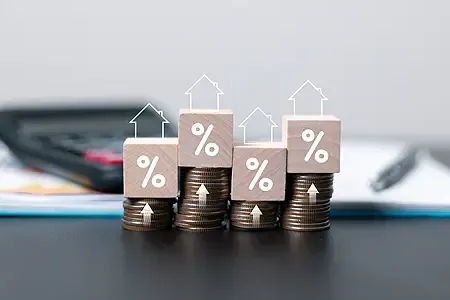Life in plastic: what you need to know about credit cards
By MAS Team

Last updated 24 May 2022
There are benefits to using credit cards – they help you build a positive credit score (assuming you repay in full and on time), and can often offer perks such as Airpoints or other cash rewards. But if they’re abused, they can put you into a financial hole that takes time to escape from.
Shop around to find the right credit card for you. You don’t need to go with the card offered by your usual bank. Many offer benefits such as free travel insurance, free smartphone screen repair, or cashback. But don’t be wooed by perks if you’re not comfortable paying high annual fees – there are many low-fee options out there.
Your credit score affects whether you can get credit as well as offering access to better rates on things like utilities. To build a credit score, make sure you pay off your credit card in full, on time, each month. It’s also a good idea to put regular items such as your phone bill on your credit card to prove you’re good with credit.
When you have a high credit limit, it’s tempting to spend up large. But don’t let credit cards burn a hole in your pocket. Eventually, you have to pay it back and interest rates mean you will end up paying more for those things. Is that pair of fancy shoes or new video game really worth it if you end up paying 20% or more on top of the price tag? If temptation is too strong, reduce your credit card limit to what you can reasonably pay back within the billing cycle.

Staring down the barrel of a large credit card debt can be terrifying. Breathe – you can get through this. You want to kick that debt to touch as soon as you can, so budget for the maximum repayment from each pay cycle. But be realistic, there’s no point going into more debt because you’ve left yourself with too little at the end of the month. You could also consider a balance transfer onto a new low- or no-interest credit card. This should only be done as a last resort and it’s crucial you pay the debt back in the time limit stipulated, or you may end up paying high interest on that card.
If you’re shopping for a mortgage, you should consider reducing your limit or even closing down your credit cards. Mortgage lenders consider your available credit when determining how much you can borrow and even if you only ever spend $3,000 on your $10,000 limit card, the lender will likely judge you on the limit, not the amount you actually spend.
Another thing to be aware of is ensuring you repay your credit cards in full and always keep your balance as low as possible to ensure you can get the mortgage you need.
Store credit cards are a dumb debt trap and should be avoided. They will often offer an in-store discount or other perks, but come with high-interest rates and can’t be used in other stores. Having multiple store cards can be hard to keep track of and can leave you financially in the red.

Explore how managed funds work including their benefits, potential risks, and important considerations when choosing the right fund for your investment objectives.

Securing your financial future can include consideration of various investment options including KiwiSaver, term deposits, bonds, and shares.

Budgeting is a financial tool that helps individuals and households effectively manage their money. Let's explore our top tips for budget planning.